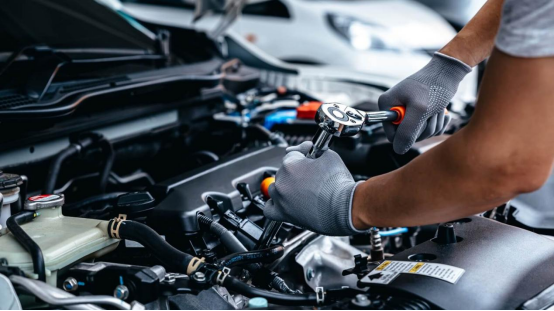
In the intricate ecosystem of automotive engineering, precision is paramount. The synchronized movement of various components within an engine is what ensures optimal performance and longevity. At the heart of this synchronization lies the meticulous calibration facilitated by timing tools.
Understanding Timing Tools
Timing tools encompass a range of instruments designed to aid in the precise alignment and adjustment of critical engine components such as camshafts, crankshafts, and timing belts. These tools are indispensable in the maintenance, repair, and tuning of modern engines, where even the slightest deviation from specifications can lead to suboptimal performance or catastrophic failure.
Ensuring Accuracy and Efficiency
One of the primary functions of timing tools is to ensure the accurate positioning of the camshaft and crankshaft relative to each other and to the engine block. This alignment is crucial for the proper opening and closing of intake and exhaust valves, as well as the synchronization of piston movement. By using specialized tools such as camshaft holders and crankshaft locking tools, technicians can achieve the precise timing necessary for efficient combustion and power delivery.
Preventing Costly Errors
The consequences of improper timing extend beyond diminished performance; they can result in irreparable damage to the engine. A mistimed valve, for example, can collide with a piston, leading to bent valves, damaged cylinder heads, or even a catastrophic engine failure. Timing tools serve as a safeguard against such costly errors, allowing technicians to execute maintenance procedures with confidence and accuracy.
Adapting to Technological Advancements
As automotive technology continues to evolve, so too do timing tools. Manufacturers are constantly refining their designs to accommodate the specific requirements of modern engines, which often feature variable valve timing, turbocharging, and hybridization. Engine synchronization has become increasingly complex, necessitating the development of specialized tools capable of addressing these challenges.
The Role of Precision in Performance Tuning
Beyond routine maintenance and repair, timing tools play a crucial role in performance tuning. Enthusiasts and professional tuners alike rely on these instruments to optimize engine timing for maximum power output and drivability. Whether advancing or retarding camshaft timing, adjusting ignition timing, or fine-tuning variable valve timing systems, precision is key to unlocking the full potential of an engine.
Conclusion
In the realm of automotive engineering, precision is the cornerstone of performance and reliability. Timing tools represent a fundamental aspect of this pursuit, enabling technicians to achieve the meticulous synchronization necessary for peak engine operation. By embracing the importance of timing tools and incorporating them into maintenance and tuning procedures, automotive professionals can ensure that engines operate at their best, delivering power, efficiency, and longevity to drivers around the world.
